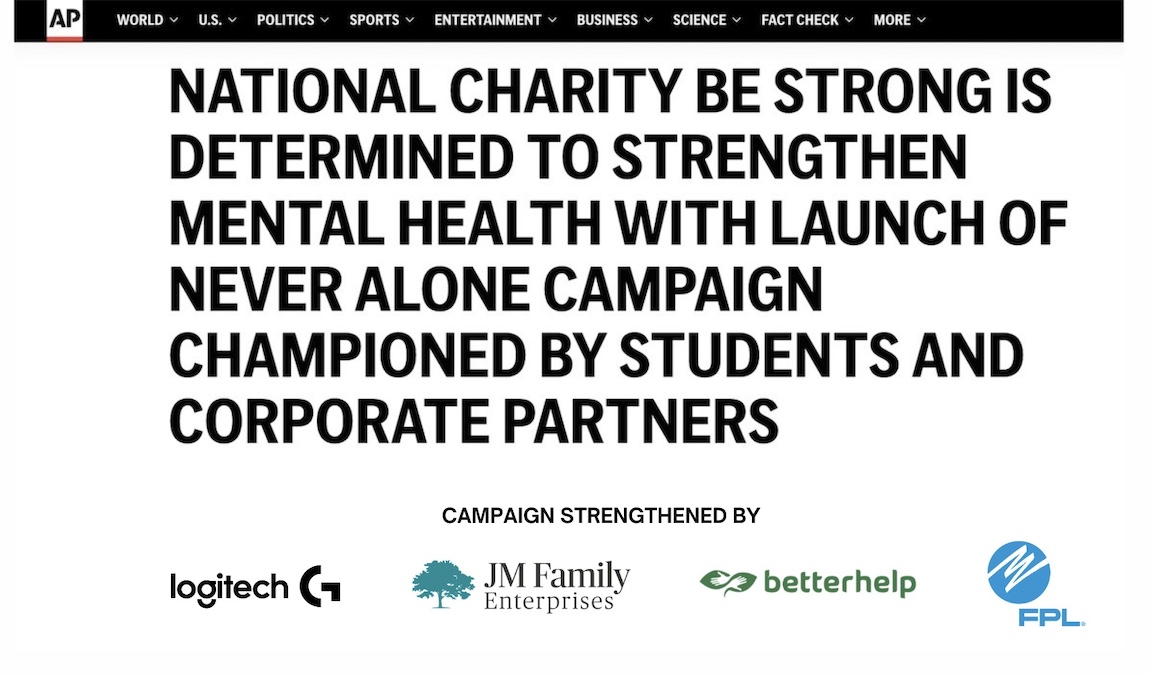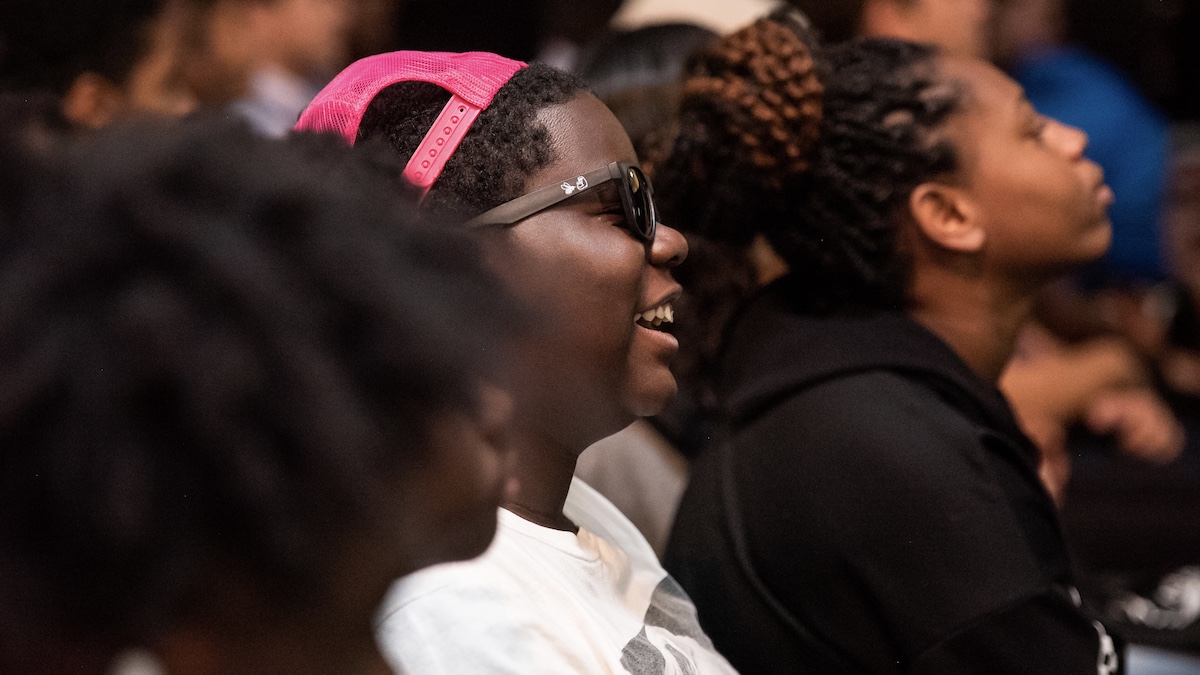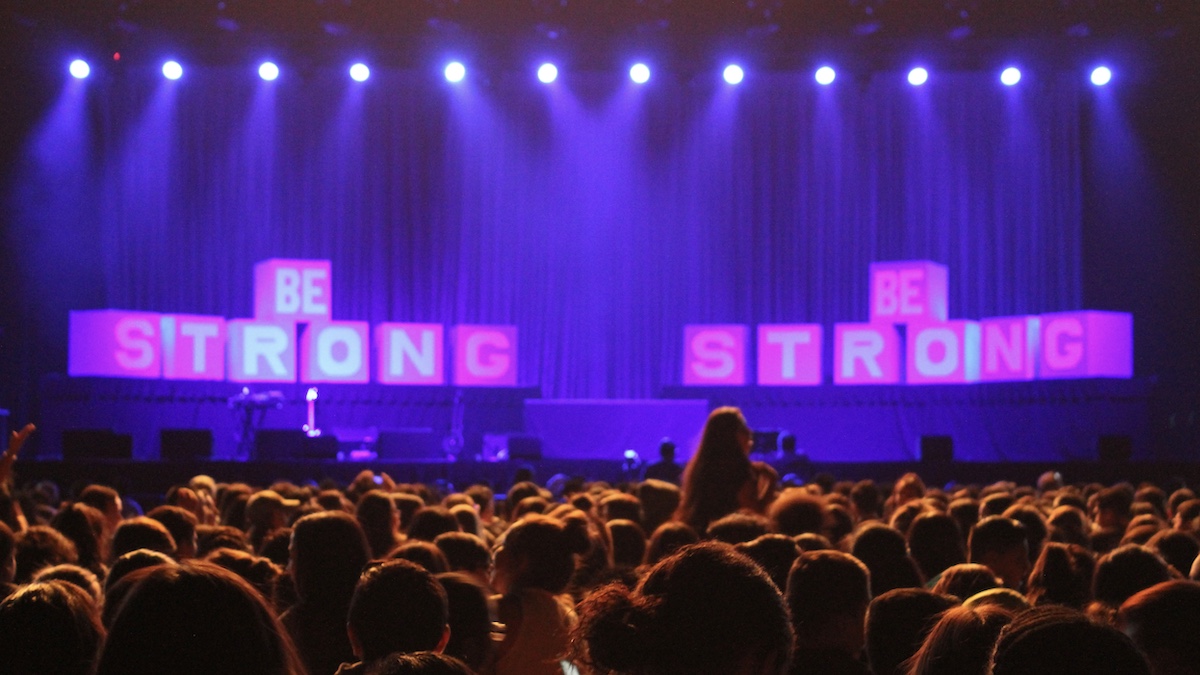Recently, an 18-year-old student made national headlines by stabbing a fellow student to death and seriously injuring another. He said he did it because they bullied him. Coincidentally, the school is located within one mile of where I lived the first six years of my life.
A month earlier, on the other side of the country, a 15-year-old shot a fellow student to death and injured three others, citing similar reasons. Indeed, the great majority of students who commit school homicides are driven by revenge against those they say bullied them.
Furthermore, studies have shown that suicides among children aged 8 to 12 have risen a staggering threefold in the past 15 years. Many of these suicides are due to bullying.
All of these fatal acts of violence against others, or oneself, are committed by youth who are emotionally fragile. They cannot handle being insulted.
Another October, National Bullying Prevention Month, has come and gone. Nevertheless, bullying is a growing problem. Statistics have shown that bullying in New York City has gone up 10% in the past year despite – or because of – New York’s tough anti-bullying law. Another study has found that many New York schools did not report even a single incident of bullying during the previous school year, obviously neglecting to comply with the law’s requirement that every bullying complaint and incident be reported. No, these laws do not eliminate bullying. But they do burden schools with the fruitless, time-consuming bureaucratic process of investigating bullying incidents and writing reports, a process that actually intensifies hostilities between the parties involved. Some school administrators would rather avoid the hassle, and the students are probably no worse off for it.
Ever since the national movement to eliminate bullying began 18 years ago, I have been predicting it will make the problem worse.
The reason is simple. From the time they enter school, students are inculcated with irrational anti-bullying messages that weaken them emotionally and lead them to despair: that they are entitled to attend school without anyone disrespecting them; that insults will harm them forever; that they are too weak to deal with bullying on their own; that bystanders are the solution to their problem; and that they must inform the school authorities when they are bullied because those authorities have the power to make bullying stop.
Then their heightened sensitivity to insults causes them to get picked on even more. Their beliefs are shattered when they discover that bystanders rarely succeed in rescuing them and that informing school authorities gets them despised as snitches. In despair, they may resort to violence against others or themselves.
But there is good news. I predict that this is the year in which the dismal situation will begin to change. Society is weary of waging a losing war against bullying and is more ready than ever to embrace a fundamentally different approach. And mark my words – Be Strong will be at the forefront of that change. We have produced an unparalleled program for teaching students the simple skills they need to deal with social aggression on their own and without getting anyone in trouble.
So, keep your eyes open. As the program spreads, you will see bullying-related violence on the downswing, with children becoming more resilient, happy, and successful!
Best Wishes,
Izzy Kalman, MS, Nationally Certified School Psychologist
Lead Author, Be Strong Bullying Prevention and Resilience






